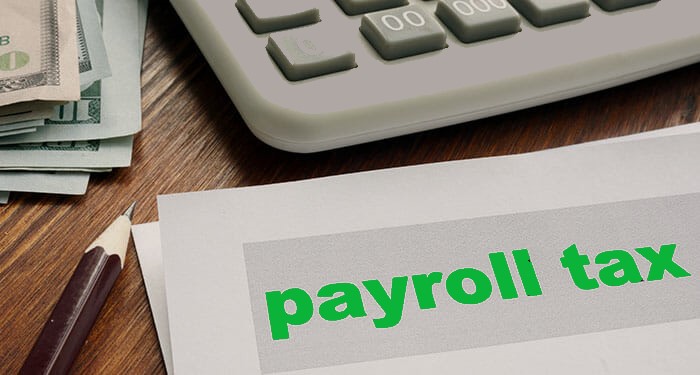As a result of the COVID-19 negative impact on small businesses, the Business NSW lobby group has been lobbying for payroll tax relief in the NSW annual state budget – stating that the relief in payroll tax will boost the economy and employment growth across the state.
Lobbying payroll tax has “paid” off. The New South Wales Treasurer, Dominic Perrottet has announced that the NSW payroll tax threshold will be increased to $1.2 million. Currently, the threshold sits at $1 million until 30 June 2021, and the current payroll tax rate is 5.45 percent. As Perrottet states “Our strong budget position has allowed us to weather the most severe economic storm in a generation, and we will continue to lead the way in job creation and supporting the business through the 2020–21 budget,”.
Earlier this month, NSW Premier Gladys Berekjiklian announced the government will allocate $250 million to support small and local businesses as a four-year program. The Jobs Plus program will provide payroll tax support to small businesses. This will include a four-year payroll tax-free period for businesses that create at least 30 new net jobs. The Jobs Plus Program will commence on 15 December 2020 and conclude on 30 June 2022.
Business Council of Australia Chief Executive Jennifer Westacott is supporting the payroll tax relief announcement saying “Payroll tax is a tax on jobs, so payroll tax relief and removing investment-stifling red tape makes sense. We also welcome critical investment in programs to give workers in NSW access to the new skills they’ll need to get jobs in new industries”.
What do I need to do for my payroll tax?
The payroll tax threshold differs in each Australian state and territory, and it is a tax paid to the state/territory. Your business payroll tax is determined by total monthly wages payable.
Your business may not need to pay payroll tax. Payroll tax is paid when your monthly wages are higher than the tax-free threshold. In NSW, employers who pay wages in NSW must be registered for payroll tax if their total Australian wages exceed the relevant monthly thresholds. You can find the payroll tax monthly thresholds >>here. These monthly thresholds will change from 1 July 2021 to account for the payroll tax threshold increase.
There are also exemptions from payroll tax that can benefit your business. Apprentices and trainees may be exempt from payroll tax – therefore their wages can be exempt from payroll tax. Additionally, motor vehicle allowances, accommodation allowances, and fringe benefits taxes are factors that determine if you are eligible for the full payroll tax threshold entitlement.
Furthermore, there is the issue of whether contractors are classified as “employees” or “external contractors”. Contractors and consultants’ salaries may be considered as wages for payroll tax purposes. Often employers make errors in classifying contractors versus employees resulting in the underpaid payroll tax. If caught out by the NSW Office of State Revenue, you need to have records that support your classification decisions. The NSW OSR has the right to penalize you if payroll tax is underpaid.
However, it is not as simple as filling in a form or incorrectly classifying employees in your payroll system to avoid paying payroll tax. All exemptions have requirements and/or thresholds that businesses must adhere to. If (or when) the OSR audit your business, they will look for documentation that supports all business expenses.
We recommend you have a chat with us at RT Accounting and Taxation Services. We care about all the payroll tax laws, exemptions, thresholds, and audits. It’s what we do best. We can ensure your business has all the right payroll tax documents in working order and all exemptions are correct. We want you to be ready if a payroll tax audit comes knocking on your door. Feel confident in our tax expertise and you focus on building your business.


